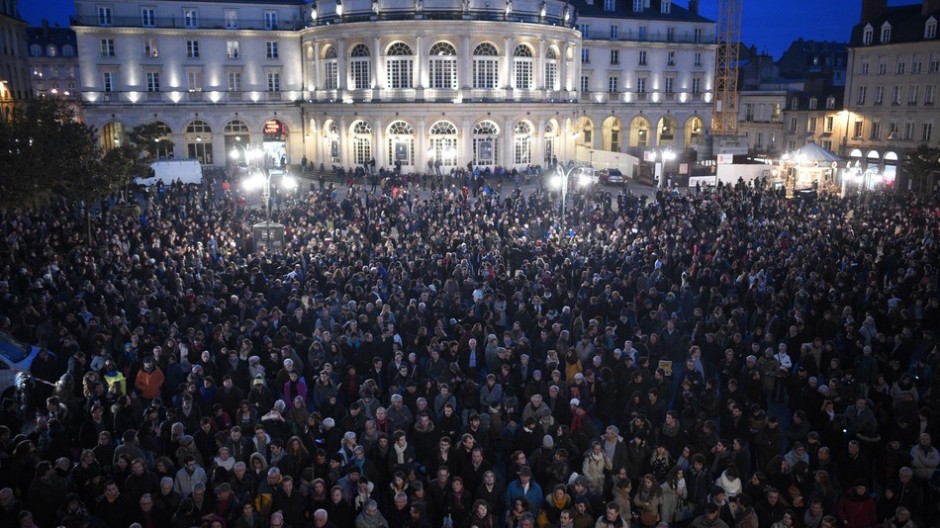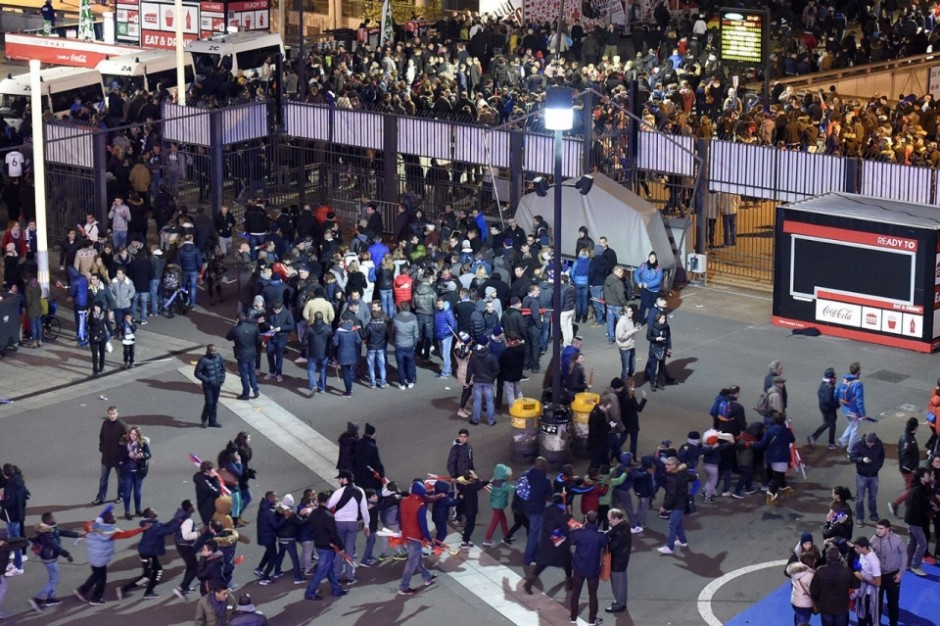There’s a terrorist attack in Mali today – gunmen stormed a hotel shouting “God is great” in Arabic, killing a number of people and taking many hostages, apparently releasing some of the hostages after they showed they could recite verses of the Quran.
Two days ago, Boko Haram killed 49 people in a suicide bombing attack in Nigeria. The suicide bombers they used were 11 and 18 year old girls.
Both attacks made the front page of the Huffington Post. By and large, very few people I knew were discussing them extensively on social media.
I think it’s time to admit a couple of things –
1) The media do not “ignore” terrorist attacks in other countries. The media actually reported these two attacks quite openly and fairly.
2) The same people claiming to care so much about Beirut and Kenya (months after the fact) seem to ‘not care’ about these attacks as much as everyone else – with internet silence on their own part. In fact, the only people I know who did discuss this on social media weren’t people who took part in “grief shaming” people about Paris at all a few days ago.
3) Most likely, when and if another attack happens in the west, people will suddenly say that the media “ignored” these attacks, and that other people “don’t care” about them.
We should also admit a few things moving forward –
1) Most people we know simply do not have as personal a connection to Mali or Nigeria as they do to Paris. It’s just an accidental circumstance of their birth. And that’s okay.
2) Horrific tragedies aren’t a stage upon which one gets to pounce around proclaiming their own progressive superiority, especially when they “didn’t seem to care” according to their own metrics in the first place.
3) Liberals, especially white liberals, are genuinely uncomfortable discussing when attacks like this take place, when it’s predominately minority terrorists attacking other minority victims. We really want to believe that terrorism is mostly our *own* fault, that it’s the result of White privilege and White supremacy and colonialism and imperialism. I think it gives us a sense of control and reinforces our own well-internalized framework of how to understand the world, a process which gives us comfort and reassurance at precisely the moment when people need such things most. “White people have done bad things too” or “Who are we to judge” seems to be something we are much more comfortable saying in reaction to this, rather than perhaps really confronting the truth that unspeakable acts have been committed by people who happen to be members of historically oppressed minorities that we, in our very best awareness, solemnly swear to protect.
Something tells me however that when a group is using 11 and 18 year old girls as suicide bombers, “white people have done bad things too” should probably take a back seat for a couple of hours. Not that it isn’t true – it takes the focus off of the people that need our attention the most – the victims – precisely when they require our attention the most.



